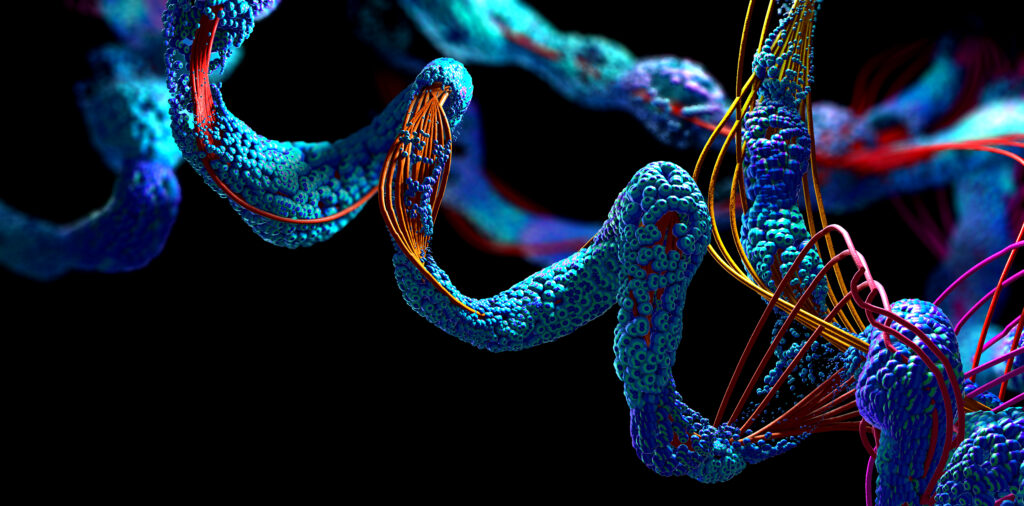
Antimicrobial Peptides and Cell-Penetrating Peptides: Non-Antibiotic Membrane-Targeting Strategies Against Bacterial Infections
Bioactive peptides (BP) are organic substances formed by amino acids joined by covalent bonds known as amide or peptide bonds. Although some BP exist free in its natural source, the vast majority of known BP are encrypted in the structure of the parent proteins and are released mainly by enzymatic processes. Some BP have been prepared by chemical synthesis. BP play a significant role in human health by affecting the digestive, endocrine, cardiovascular, immune, and nervous systems. BP are considered the new generation of biologically active regulators; they can prevent oxidation and microbial degradation in foods and also improve the treatment of various diseases and disorders, thus increasing the quality of life. The growing interest in BP has incentivized the scientific community and the food industry to exploring the development of new food additives and functional products based on these peptides. The present review highlights the recent findings on the identification, bioassays, and use of BP, as well as their potential use as food additives and in the development of functional products.
Download file